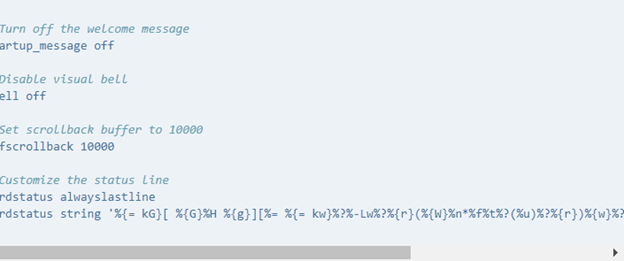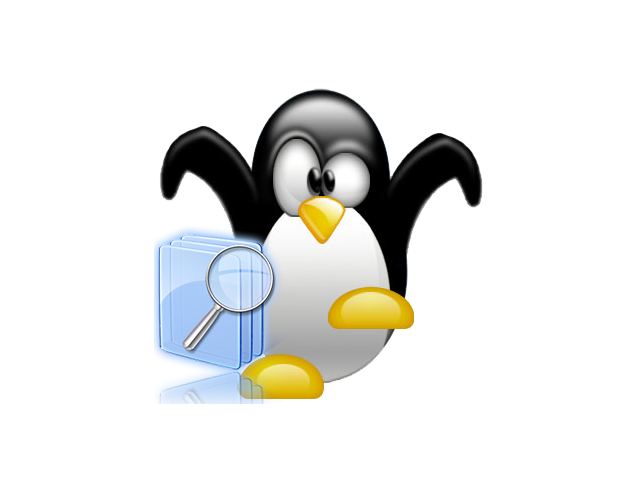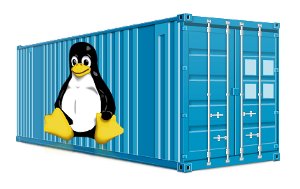Category: Linux
-

How To Use The Linux Split Command
Linux systems provide a simple command known as split, which enables you to break large files up into smaller pieces. In this guide, we’ll be discussing the syntax, and giving some practical examples of its use. Why It’s Sometimes Necessary To Split Linux Files Some online storage sites put a maximum limit on […]
-

How To Maximize On Your Usage Of Awk
Abbreviated from the names of its developers – Aho, Weinberger, and Kernighan – Awk is a scripting language used in Unix or Linux environments for manipulating data and generating reports. The awk command programming language requires no compiling, and allows the user to employ variables, numeric functions, string functions, and logical operators. In this […]
-

How To Get The Most Out Of The Linux Screen Command
If you’re logging onto a service or running remote command line operations over a network link via the Secure Shell (SSH) protocol, the last thing you need is for your session to be cut off by a faulty connection. This scenario is all too common – but for Linux users, the Screen utility can prevent […]
-

How to Manage Linux Logs
By Des Nnochiri Log files in Linux often contain information that can assist in tracking down the cause of issues hampering system or network performance. If you have multiple servers or levels of IT architecture, the number of logs you generate can soon become overwhelming. In this article, we’ll be looking at some ways […]
-

Identifying Duplicate Files in Linux
By Des Nnochiri Keeping redundant copies of essential files and programs can assist in recovery when system glitches or other incidents occur. However, duplicate files also hold the potential to confuse matters and introduce errors. It’s possible to have too much of a good thing, so keeping track of these duplicates is always a […]
-

How to Configure a Multicast Linux Network
By Des Nnochiri In a world where consumer-level computing technology has been largely dominated by Windows, many users remain unaware of the need for administrators to configure and maintain network hardware and environments based on the Linux operating system. But Linux in its various distributions and the Unix operating system from which they derive […]


